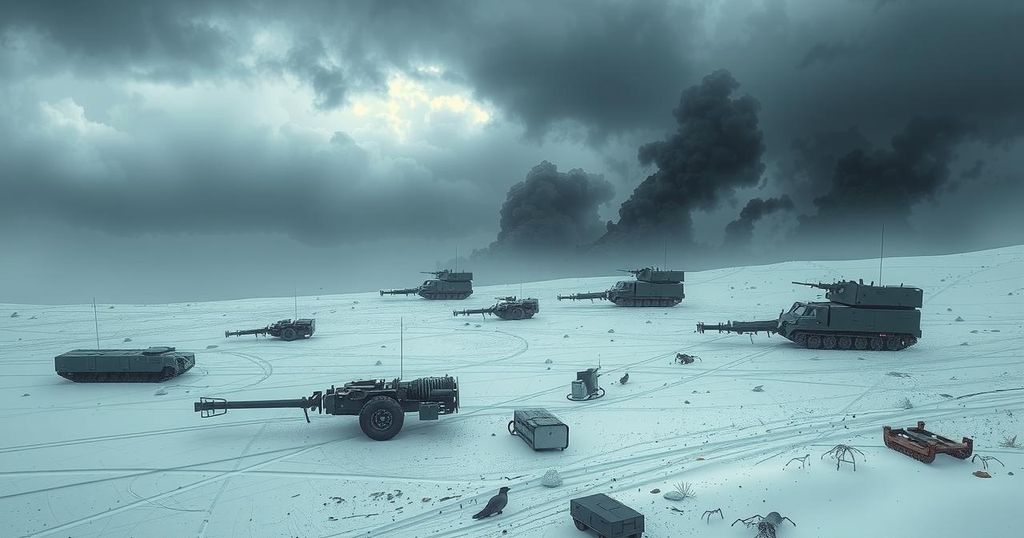Russia has deployed over 10,000 North Korean soldiers to Ukraine due to troop shortages, with around 4,000 reported as casualties. Nikkei’s investigation into the personal items of fallen soldiers shows their deep loyalty to the Workers’ Party of Korea juxtaposed with expressions of mental anguish. Notable items include a self-critical letter from a soldier and an encouraging note purportedly from Kim Jong Un.
In the context of troop shortages, Russia has reportedly deployed over 10,000 North Korean soldiers to the ongoing war in Ukraine, with around 4,000 having suffered casualties. This dire situation raises questions regarding the mental state of these soldiers as they lay down their lives in a foreign land.
Nikkei, in collaboration with Ukrainian authorities and a former North Korean soldier, has conducted a visual investigation into the personal effects and notes left behind by fallen North Korean troops. This examination revealed messages reflecting both immense psychological strain and steadfast loyalty to the Workers’ Party of Korea, alongside expressions of hope from these individuals.
One poignant letter was found from a soldier identified as Jong Gyong Hong, whose body was located in Russia’s Kursk region. He expressed sentiments of shame, stating, “I have betrayed the love and grace of the party and turned my back on the grace of the supreme commander.” His note concluded with a hopeful desire to reunite with the “mother party” when he returns.
Additionally, a note allegedly signed by Kim Jong Un instructs the soldiers to “come back home safe and sound” and includes the assurance that he is praying for their safe return. While the note’s authenticity remains unverified, it serves to convey a message of support and encouragement to the troops.
The deployment of North Korean soldiers in Ukraine has generated profound psychological implications, evidenced by their personal notes and belongings. The juxtaposition of loyalty and despair highlights the complex emotions faced by these individuals in a foreign war. This situation underscores the broader theme of conflict’s impact on soldiers, revealing a mix of devotion to their leadership and the emotional toll of warfare.
Original Source: asia.nikkei.com




